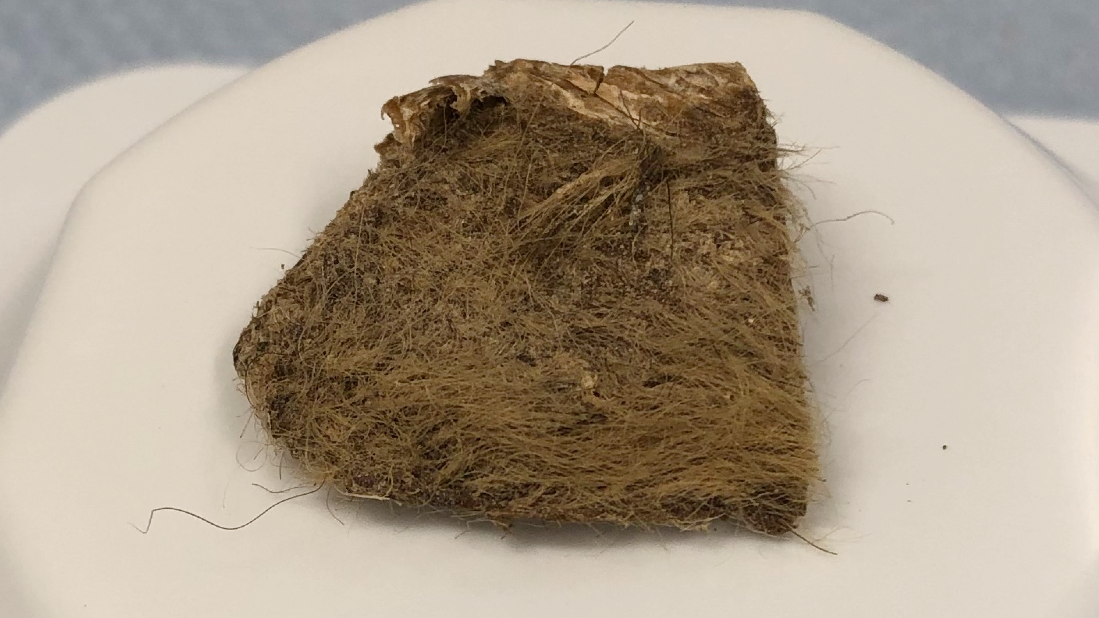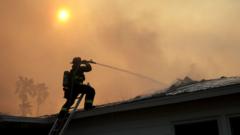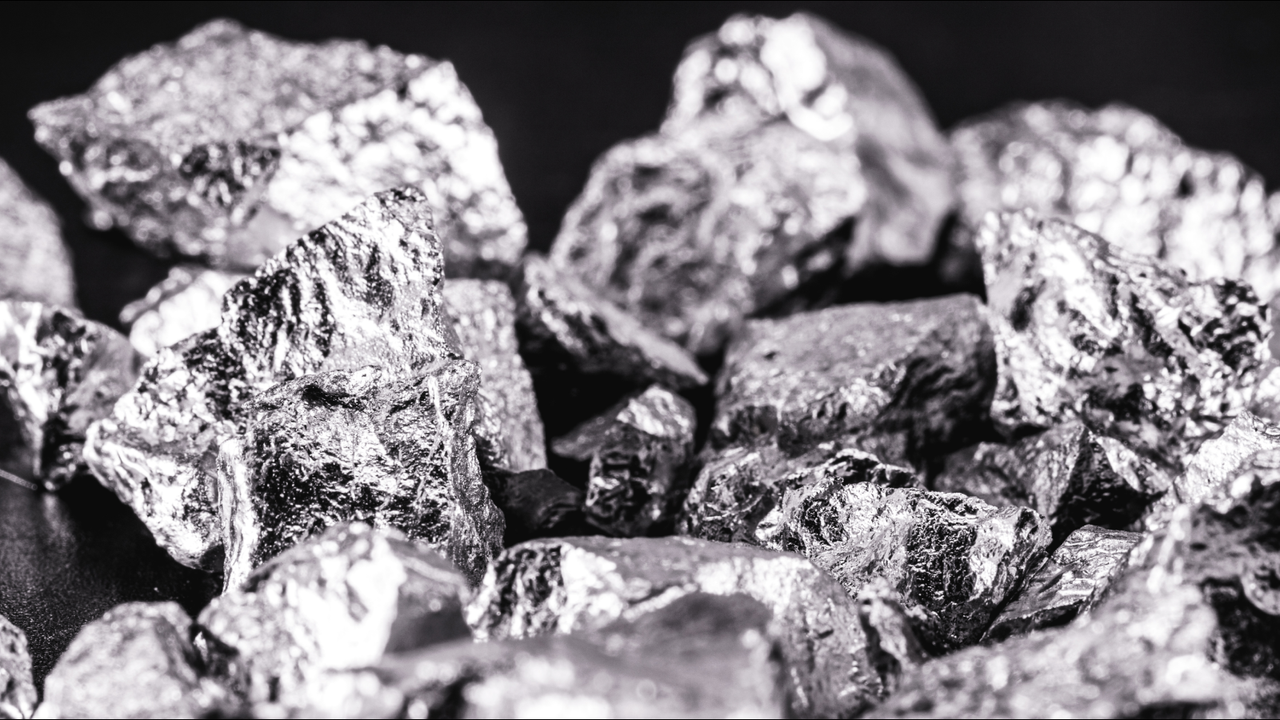FDA Is Investigating the Abortion Pill Mifepristone despite Decades of Studies Showing It’s Safe
NegativeScience
The FDA's investigation into the abortion pill mifepristone has raised concerns among scientists, particularly regarding the potential influence of the Trump administration's approach to science. Despite decades of studies confirming its safety, the scrutiny could undermine public trust in reproductive health options. This matters because it highlights the ongoing political tensions surrounding women's health and access to safe medical procedures.
— via World Pulse Now AI Editorial System







